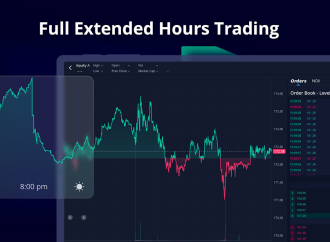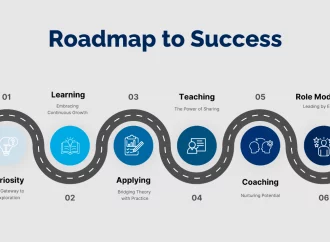Introduction As the landscape of financial dynamics evolves, borrowers often find themselves seeking adjustments in their repayment plans. When considering modifications to existing repayment structures, such as changes in interest rates, loan terms, or financial circumstances, understanding how these adjustments influence or necessitate alterations in repayment plans becomes crucial. This article explores the nuances of
Introduction
As the landscape of financial dynamics evolves, borrowers often find themselves seeking adjustments in their repayment plans. When considering modifications to existing repayment structures, such as changes in interest rates, loan terms, or financial circumstances, understanding how these adjustments influence or necessitate alterations in repayment plans becomes crucial. This article explores the nuances of repayment plan modifications and their potential impacts on various existing plans, particularly focusing on income-driven repayment options.
Understanding Repayment Plan Modifications
Repayment plan modifications encompass a spectrum of changes that borrowers may seek due to diverse reasons. These modifications could involve altering the monthly payment amount, extending or shortening the repayment period, or adjusting the interest rate on the loan. Each of these changes can significantly affect the borrower’s financial commitments and the overall cost of the loan.
Factors Driving Repayment Plan Modifications
Financial Hardship: Unexpected financial challenges, such as job loss or medical emergencies, may prompt borrowers to seek modifications in repayment plans to alleviate immediate financial strain.
Interest Rate Adjustments: Fluctuations in interest rates can impact the overall cost of borrowing. For instance, a decrease in interest rates might enable borrowers to refinance their loans for better terms.
Loan Term Extensions: Extending the loan term can lower monthly payments but might increase the total interest paid over the life of the loan.

Image By:https://money.usnews.com
Impact on Existing Repayment Plans
Standard Repayment Plans
For borrowers on a standard repayment plan, modifications might involve changing the monthly payment amount or extending the repayment period. Lowering monthly payments could provide short-term relief, but extending the repayment period might increase the total interest paid.
Graduated Repayment Plans
Adjustments in graduated repayment plans, which start with lower payments that increase over time, might involve altering the payment structure or extending the repayment period. These modifications can affect the predictability of payments and the overall cost of the loan.
Income-Driven Repayment Plans
Income-driven repayment (IDR) plans tie monthly payments to the borrower’s income and family size. Modifications might occur due to changes in income or family circumstances. If a borrower’s income significantly increases or decreases, adjustments in the monthly payments may be required to maintain the plan’s integrity.
Influence of Interest Rate Changes
Interest rate modifications can impact IDR plans by altering the total interest accrued over the repayment period. A decrease in interest rates could reduce the overall cost of the loan for borrowers under an IDR plan.
Loan Forgiveness and Modifications
For borrowers pursuing loan forgiveness through IDR plans, modifications in repayment terms might impact the eligibility and timeline for forgiveness. Extended repayment periods might affect the timeframe to qualify for forgiveness under these plans.
Other Considerations
Impact on Credit Score: Repayment plan modifications might influence credit scores, especially if the borrower negotiates changes directly with lenders.
Loan Consolidation and Refinancing: Borrowers may consider loan consolidation or refinancing as a means to modify repayment plans, seeking better terms or combining multiple loans into a single payment.
Necessitating Alterations in Income-Driven Repayment Options
The adjustments made to repayment plans can often necessitate alterations in income-driven repayment options due to the changing financial landscape of the borrower.
Adjusting Payment Amounts
Fluctuations in income or changes in family size might necessitate adjustments in payment amounts for IDR plans to accurately reflect the borrower’s current financial situation.
Impact on Loan Forgiveness
Repayment plan modifications, such as extending the repayment period, might impact the timeline and eligibility for loan forgiveness under IDR plans, warranting a reassessment of long-term financial strategies.

Image By:https://money.usnews.com
Conclusion
Repayment plan modifications can significantly influence existing repayment plans, especially income-driven repayment options. Borrowers must carefully consider the potential impacts of these modifications on their financial commitments, overall loan costs, and eligibility for loan forgiveness. Understanding the interplay between repayment plan modifications and income-driven repayment options is crucial for borrowers navigating the complex landscape of student loan repayment. As borrowers explore modifications to their repayment plans, seeking advice from financial experts or loan servicers becomes essential to make informed decisions aligned with their financial goals and circumstances. Evaluating the short-term relief against the long-term implications of repayment plan modifications is pivotal in securing a manageable and sustainable loan repayment strategy.





















Leave a Comment
Your email address will not be published. Required fields are marked with *